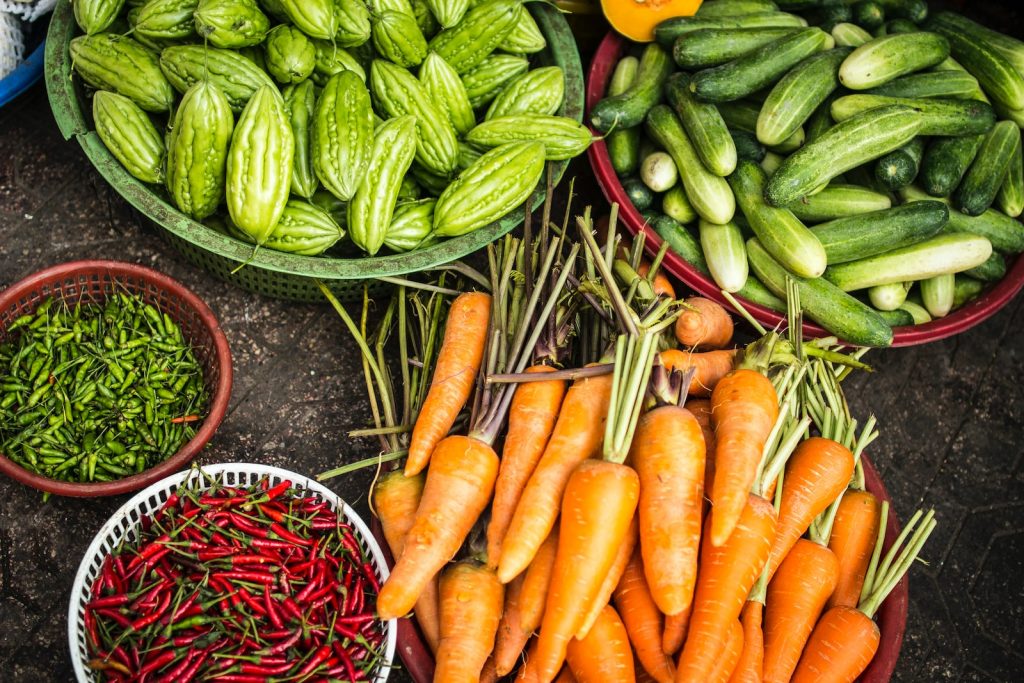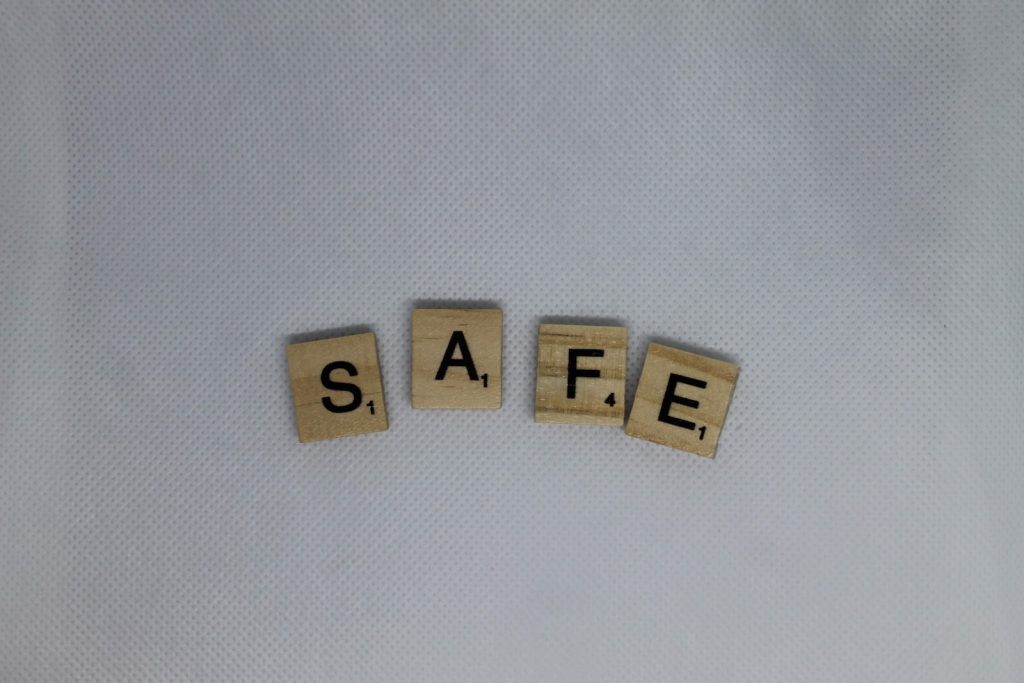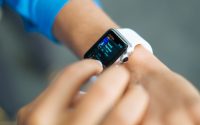When Is The Best Time To Diet With One Meal A Day
The best time to go on a diet and eat only one meal per day is anytime that you want to. You can start any Monday or Tuesday and it will be as successful as any other day at the start of your diet.
When is the best time to do a one meal weight loss diet
There’s no one answer to this question since everyone is different. However, there are a few things to consider that might help you figure out the best time for you to diet with one meal a day.
First, think about your daily schedule and whether you could realistically fit in a meal at the same time every day. If you have a lot of variability in your schedule, it might be harder to stick with a one meal a day diet.
Second, consider what type of eater you are. If you tend to get very hungry throughout the day, it might be better to eat your one meal later in the day so that you’re not as famished by the time you sit down to eat.
Lastly, think about your weight loss goals. If you’re looking to lose a lot of weight quickly, a one meal a day diet can be helpful since it can help reduce your overall calorie intake. Just make sure that you’re still eating healthy and getting the nutrients your body needs.
What should you eat on a one meal a day diet
If you’re considering a one meal a day diet, there are a few things to keep in mind when it comes to what you should eat. First, you’ll want to make sure that your one meal is nutrient-rich and contains all the calories and nutrients you need for the day.
This means including plenty of lean protein, fresh fruits and vegetables, healthy fats, and whole grains. You’ll also want to make sure that your one meal is satisfying enough to keep you full and prevent you from snacking or overeating later in the day.

Benefits of One Meal A Day Diet
There are a lot of benefits that come with following a One Meal A Day diet.
Some of these benefits include:
- Weight loss – This is probably the most common reason why people start following a One Meal A Day diet. And it’s no surprise, since eating fewer meals generally means consuming fewer calories, which can lead to weight loss.
- Increased energy levels – When you’re not constantly digesting food, your body has more energy to do things like exercise and be productive.
- Improved digestion – Digestion can take a lot of energy, so giving your digestive system a break can be helpful. And since you’re only eating one meal per day, you’re less likely to experience indigestion or other digestive issues.
- Reduced stress levels – When you’re not worrying about what to eat or when to eat it, you may find that your stress levels go down.
- More time for other things – One of the best things about the One Meal A Day diet is that it frees up time that you would normally spend cooking and eating multiple meals. This extra time can be used for things like exercise, spending time with friends and family and your favorite hobbies.
- Lower grocery bills – Instead of spending money on multiple meals each day, most people are able to save a lot of money by just buying one meal each day. This can more than make up for the few extra dollars you would spend on convenience food like frozen dinners or other single-serving foods.
How to start eating one meal a day
If you’re considering starting a one meal a day diet, there are a few things you should keep in mind. First, it’s important to make sure that your one meal is nutritious and filling. It’s also important to space out your meals so that you’re not too hungry or too full. And finally, it’s best to eat your one meal at a time when you can focus on enjoying it and savoring the flavor.
Here are a few tips on how to get started with a one meal a day diet:
- Choose a nutritious and filling meal. A healthy one meal a day diet should include plenty of lean protein, healthy fats, and complex carbohydrates. Make sure your meal is balanced and includes all the nutrients your body needs.
- Space out your meals. If you’re eating just one meal a day, it’s important to space it out so that you’re not too hungry or too full. Eat your meal at least four hours after your last meal or snack, and make sure to drink plenty of water throughout the day.
- Focus on enjoying your food. When you’re only eating one meal a day, it’s important to savor it and enjoy every bite.
Understanding and dealing with cravings when dieting
When you first start dieting, you may find that you’re constantly hungry. This is because your body is used to getting a certain amount of calories, and when you cut back on calories, your body goes into “starvation mode.” In order to avoid this, it’s important to understand your cravings and learn how to deal with them.
There are two types of hunger: physical hunger and emotional hunger. Physical hunger is when your body actually needs food for energy. Emotional hunger is when you eat even though your body doesn’t need the food, usually in response to stress or boredom.
It’s important to be able to distinguish between the two so that you can make sure you’re eating when you’re actually physically hungry, not just emotionally.
Once you know the difference between the two types of hunger, it’s time to start dealing with your cravings. The best way to do this is to have healthy snacks on hand at all times.
That way, when you start feeling hungry, you can reach for a healthy snack instead of unhealthy junk food. Some good snacks include fruit, nuts, and whole grain crackers.
If you find yourself snacking more often than you’d like, try adding more fiber to your diet. A higher fiber intake can help relieve cravings by making you feel fuller faster and reducing the absorption of fat into your cells.

Is One Meal A Day Safe?
There’s no doubt that one meal a day is a great way to diet. It’s simple, it’s easy, and it works. But is it safe?
The answer is yes and no. On the one hand, one meal a day is perfectly safe. You’re not going to starve yourself or do any damage to your health by eating just once a day.
On the other hand, there are some risks associated with one meal a day diets.
- First, if you’re not used to eating just once a day, you may find yourself feeling dizzy or lightheaded at first. This is completely normal and will go away after a few days as your body adjusts to its new eating schedule.
- Second, you need to make sure that your one meal a day is a nutritious one. If you’re only eating junk food, you’re not going to be getting the nutrients your body needs. Make sure to include plenty of fruits, vegetables, and protein in your meal.
- Third, one meal a day diets can be hard to stick to in the long term. If you find yourself getting too hungry between meals, you may be tempted to cheat or give up altogether.
If you’re thinking of starting a one meal a day diet, it’s a good idea to go into it with the knowledge that you may not be able to maintain it forever.
You can start with one meal a day, and then work your way up to eating healthy twice or three times a day if you think you’ll have more success sticking with it long term.
Limit 1 serving of fried food per day, like French fries and egg rolls. Fried food adds hundreds of calories to your order and causes weight gain.
Swap out fried foods for grilled chicken wings instead of traditional wings.
Repeat!


